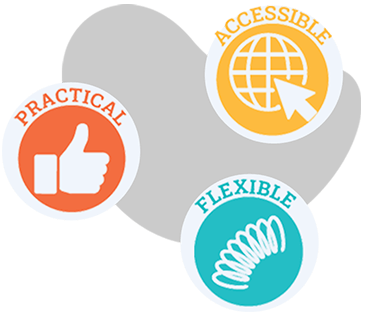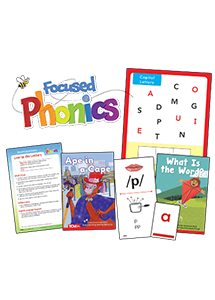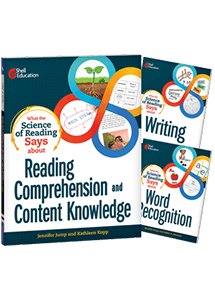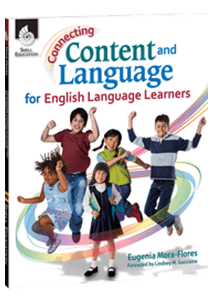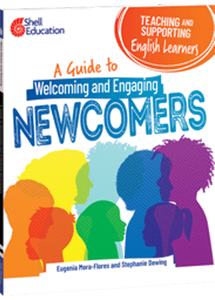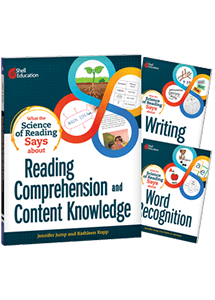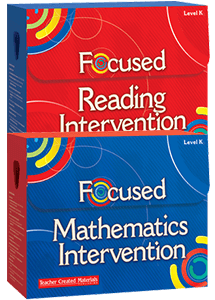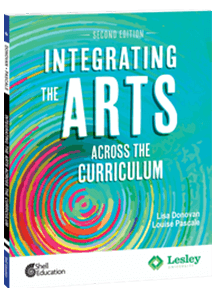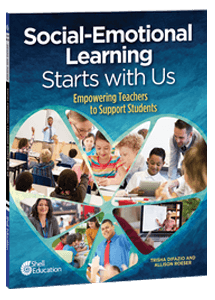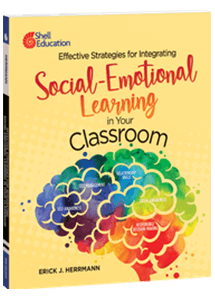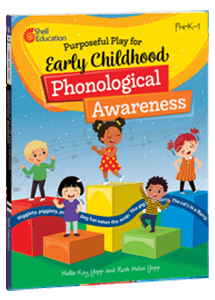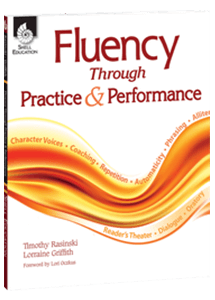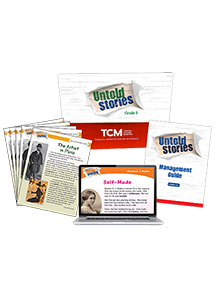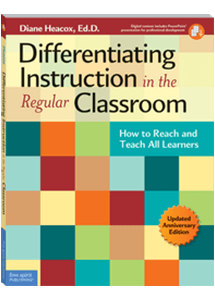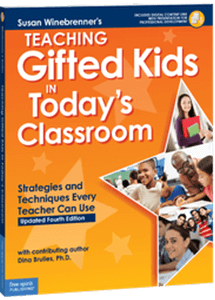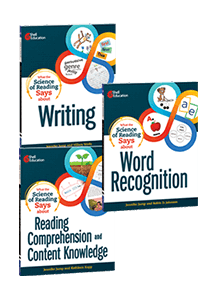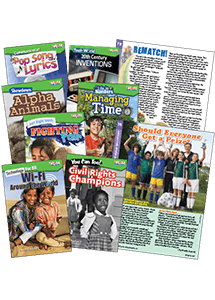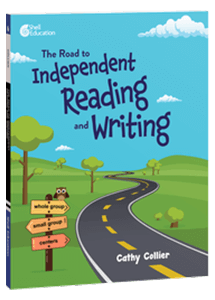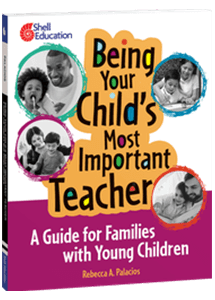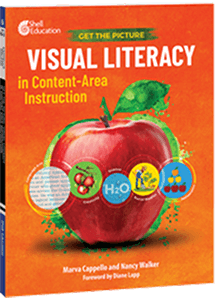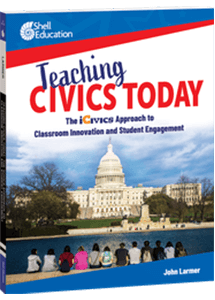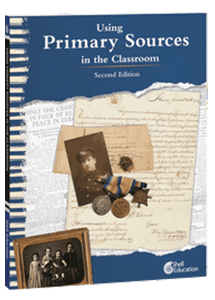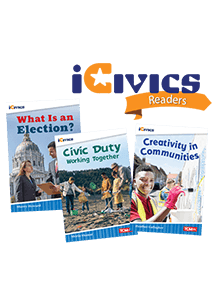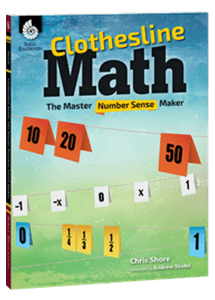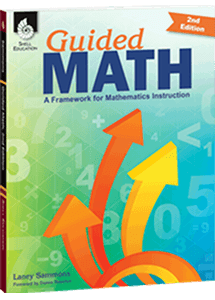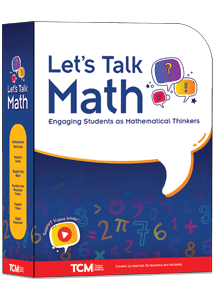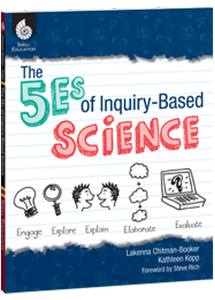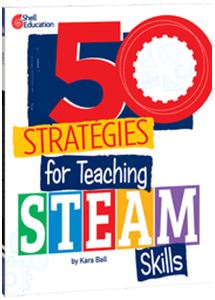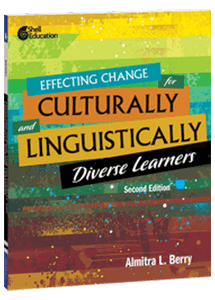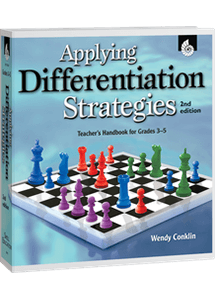Professional Development Topics for Teachers
Teacher Created Materials proudly provides educators everywhere with the tools they need to support student learning and achievement. With fully customizable professional development and learning plans, we help take your teaching to the next level.
To help you discover where to focus your professional learning efforts, common teacher professional development ideas and topics can include but are not limited to:
- Exploring new teaching strategies to motivate students and improve learning
- Implementing high-yield intervention strategies
- Embedding Social-Emotional Learning (SEL)into the classroom
- Building language skills for multilingual learners
- Boosting communication skills with collaboration, vocabulary acquisition, reading, and writing opportunities
- Ensuring successful implementation of classroom materials through effective instruction
- Designing and analyzing assessment data to impact instruction
- Utilizing differentiated lessons to incorporate and develop higher-order thinking skills
We encourage you to speak with one of our representatives to determine how our professional learning and development resources can best fit your needs.
More professional development topics and ideas for teacherss
Discover more professional learning resources for teachers like you by viewing our flexible Training Options (including professional development workshop ideas, on-site and virtual coaching, keynote presentations, and more), or registering for our fun Live Webinars with virtual Coffee Chat sessions or our free On-Demand Webinars to learn at your own pace and share with colleagues.
